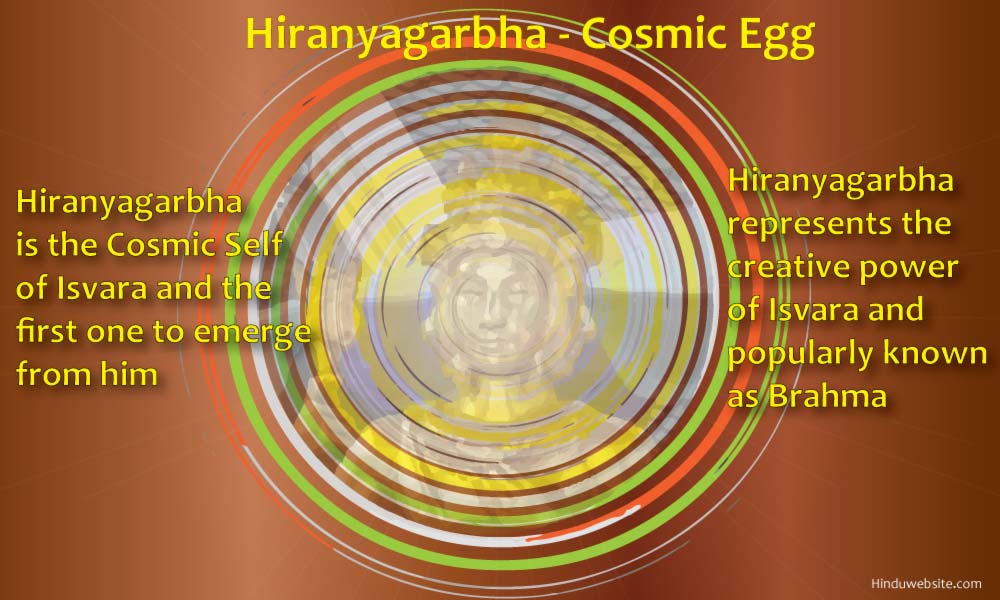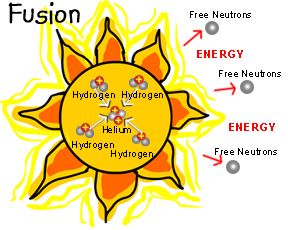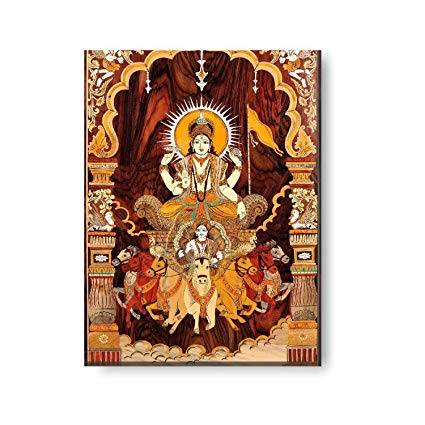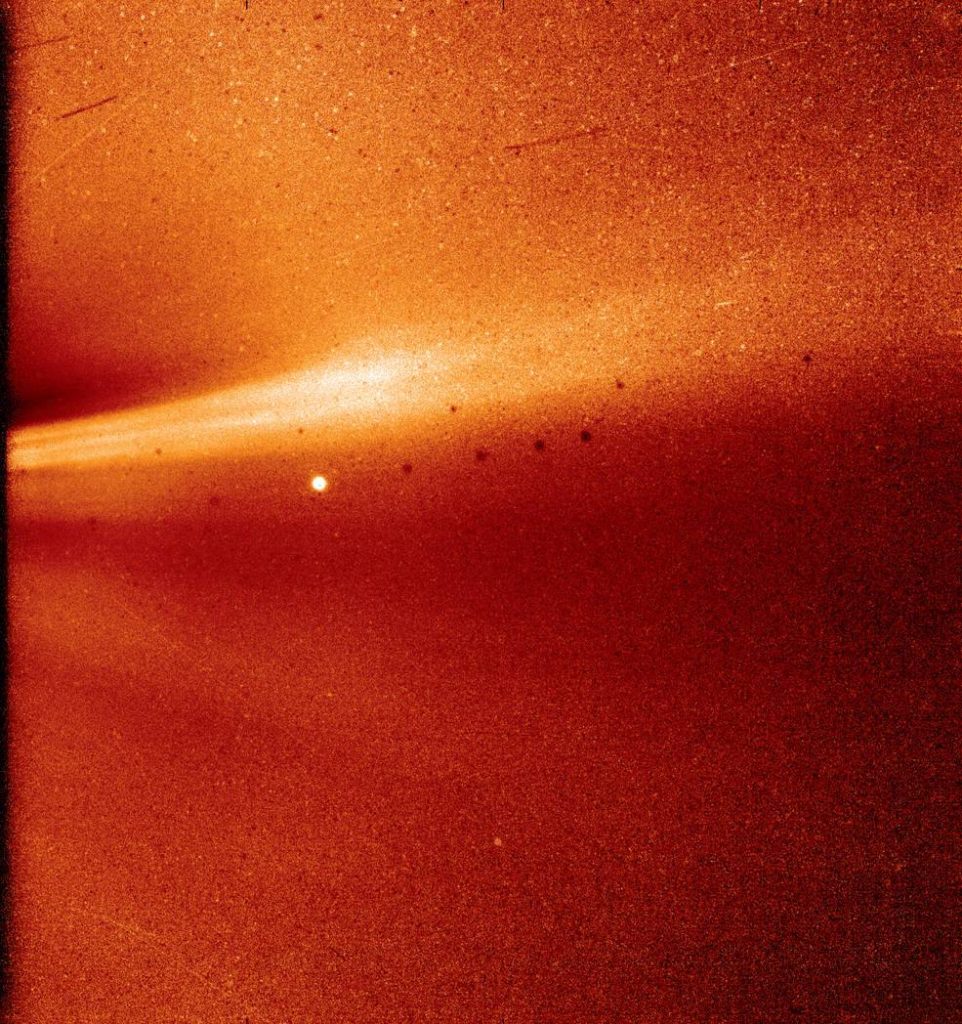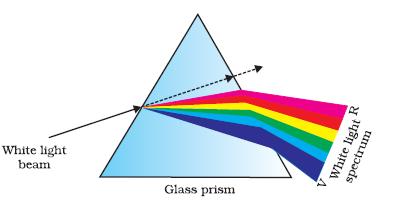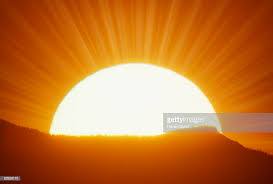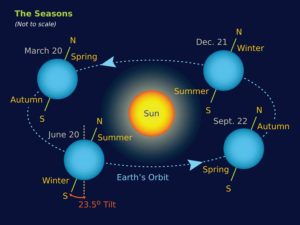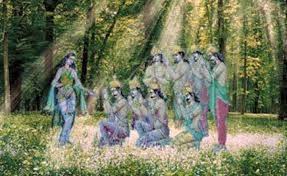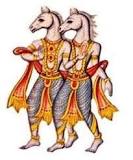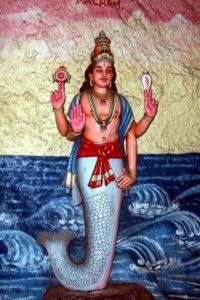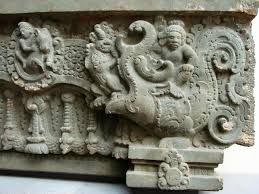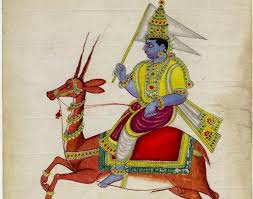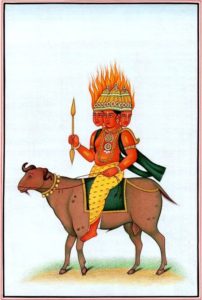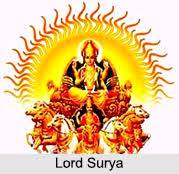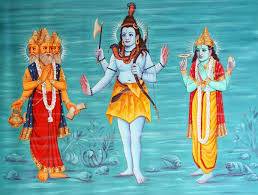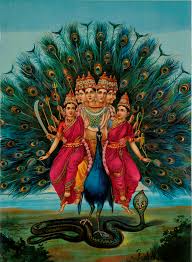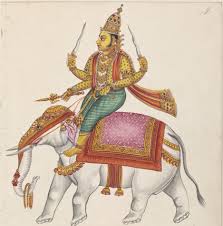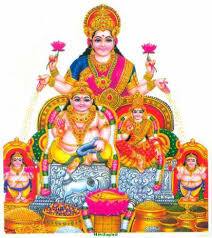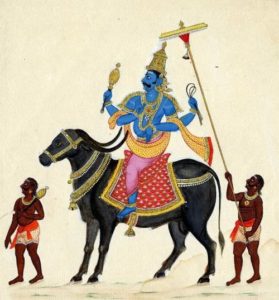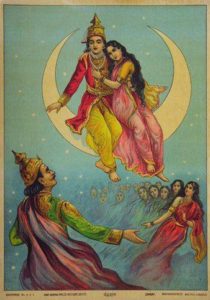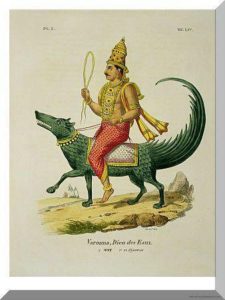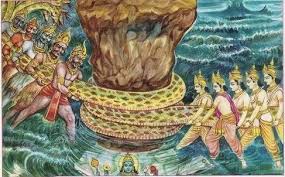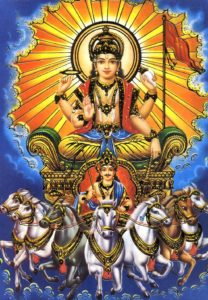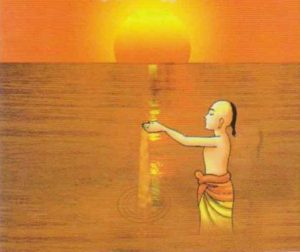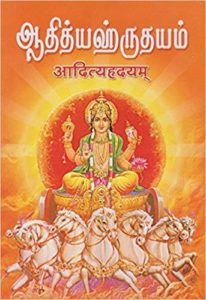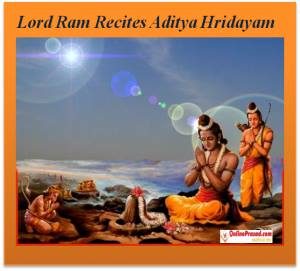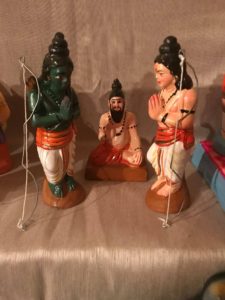Aditya Hrudayam Series Week 17
Shloka Taatparyam Shloka 12
हिरण्यगर्भः शिशिरस्तपनो भास्करो रविः।
अग्निगर्भोऽदितेः पुत्रः शङ्खः शिशिरनाशनः॥ 12 ॥
Hiraṇyagarbhaḥ śiśirastapano bhāskaro raviḥ
agnigarbho’diteḥ putraḥ śaṅkhaḥ śiśiranāśanaḥ ॥ 12 ॥
Meaning:
He is the soul of this universe (Hiranyagarbha, the golden womb)
He cools this world down (as he disappears below the horizon due to the diurnal rotation of the earth)
He powers the world by generating heat (by the nuclear fusion in the core)
He gives us light (and knowledge)
He shines in the sky as the Sun
He has fire in his womb (once again in reference to the nuclear fusion in the core of Sun)
He is Aditi’s son (He is the son of Aditi and Kashyapa maharishi)
He sounds his conch (which awakens us from our ignorance)
He destroys the cold (inertness)
हिरण्यगर्भः (हिरण्य + गर्भः) – Golden womb i.e. soul of the universe
शिशिर – cold
तपनो (तपन्+ओ)- Heat (one who generates)
भास्करो (भास्कर+ओ) – Shining with light, glittering
रविः – The Sun God
अग्निगर्भो (अग्नि+गर्भ+ओ) – womb of fire
दितेः (अदितेः) – Aditi’s
पुत्रः – Son
शङ्खः – Conch
शिशिर – Cold
नाशनः – destroyer
